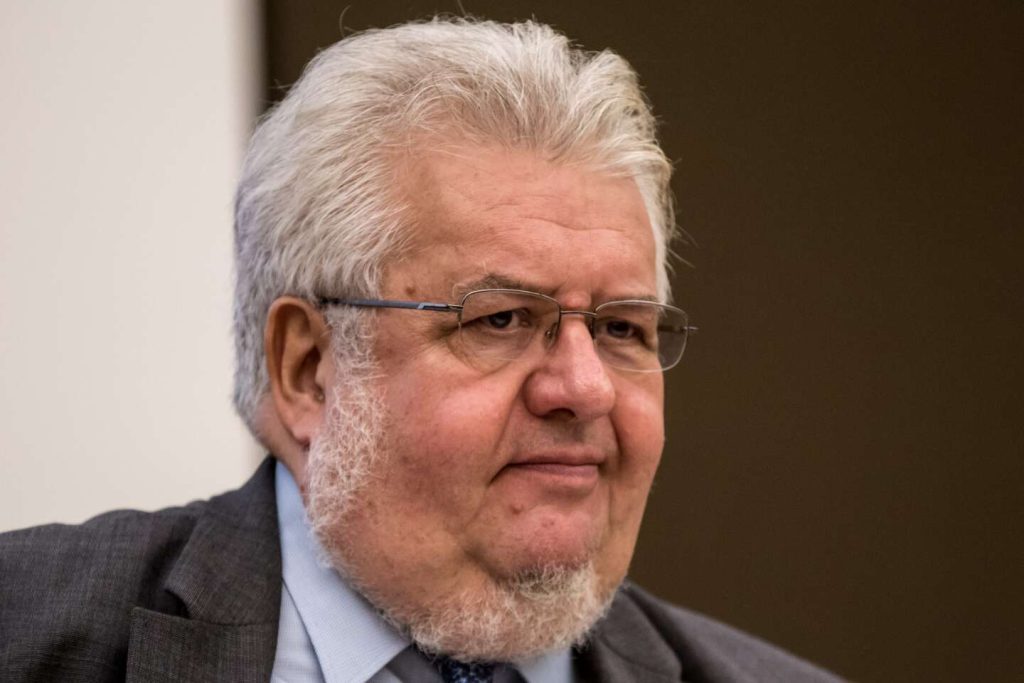Jean-François Merle, who previously served as an advisor for overseas territories to Michel Rocard, shared his thoughts at a colloquium on the former French prime minister in Paris in September 2016. Merle, who was involved in negotiating the Matignon Accords for New Caledonia in 1988, now works as an expert at the Jean Jaurès Foundation. He believes that holding a third referendum on the independence of New Caledonia without a general agreement on its organization and timing was a major mistake. He also thinks that reaching a political agreement by the end of June is extremely challenging, as consensus-building takes time.
President Emmanuel Macron is set to visit New Caledonia on May 23. The purpose of his visit remains unclear, as the government spokesperson mentioned that he will establish a mission but did not provide details on its objectives or composition. Merle emphasizes that any mission aimed at restoring dialogue must not be constrained by timelines or specific goals. It is crucial to prioritize reengaging all parties in discussions for a comprehensive agreement, especially since the constitutional reform bill is no longer a pressing issue.
Comparisons have been drawn between Macron’s upcoming visit to New Caledonia and President François Mitterrand’s surprise visit to the region in 1985. While Mitterrand had a specific proposal on the table regarding independence-association, there is currently no clear project being discussed in New Caledonia. Merle questions the effectiveness of the proposed electoral law reform in addressing the situation, noting that it primarily benefits non-independence supporters and reflects a biased approach by the state. He also points out that Macron’s previous impromptu visits have not always yielded the desired outcomes.
Merle raises doubts about whether Macron’s personal commitment alone will be sufficient to resolve the crisis in New Caledonia. Drawing on his observations of the president’s previous visits in different contexts, Merle highlights the need for a more structured and inclusive approach to effectively address the complexities of the situation. When asked about the possibility of reaching a political agreement in New Caledonia by the end of June, Merle expresses skepticism due to the nuanced nature of consensus-building in the region, which requires time for dialogue and understanding to evolve, unlike the quick solutions often associated with start-up cultures.
In conclusion, Merle’s insights shed light on the challenges facing New Caledonia in its pursuit of political autonomy and independence. His analysis underscores the importance of a patient and inclusive approach to consensus-building, emphasizing the need for dialogue and understanding between all parties involved. As Macron prepares for his visit to the region, the unresolved issues surrounding the referendum on independence and broader political discussions in New Caledonia highlight the complexities of the situation and the need for a nuanced and strategic approach to address them effectively.


